Quitting Smoking - Cold Turkey Vs Nicotine Patches Vs Vaping
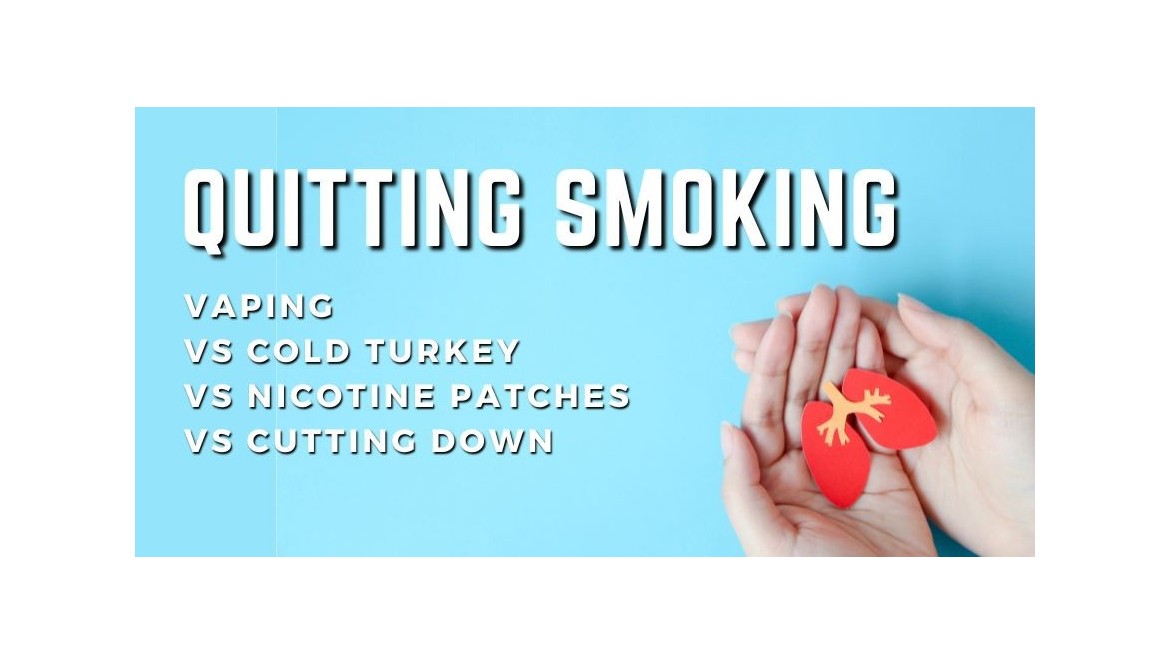
Quitting smoking is one of the most impactful decisions a person can make for their health, significantly reducing the risk of cancer, heart disease, and respiratory issues. However, the method of quitting can influence the effectiveness of lung recovery and overall health improvements.
Let’s explore the impact of different approaches—quitting smoking entirely, using nicotine patches, cutting down on cigarettes, and vaping—based on research and insights from Cancer Research UK and other health bodies.
Quitting Smoking Altogether
Stopping smoking entirely offers the most significant health benefits, as it removes the harmful chemicals found in cigarette smoke. Cigarette smoke contains over 7,000 chemicals, many of which are toxic and at least 69 of which are known to cause cancer. The benefits of quitting are immediate: within 20 minutes, heart rate and blood pressure drop, and within 12 hours, carbon monoxide levels in the blood normalize. Over time, the risk of heart disease, lung cancer, and stroke decreases significantly.
According to Cancer Research UK, lung recovery begins quickly after quitting smoking, as the lungs start to repair themselves, and the cilia (tiny hair-like structures that help clear mucus and debris) regain normal function. This results in improved lung function and reduced coughing and breathlessness. The long-term benefits are profound, with a significantly lowered risk of developing lung cancer compared to those who continue smoking. The earlier a person quits, the greater the health gains, but quitting at any age can result in marked health improvements.
Nicotine Patches and Replacement Therapies
Nicotine replacement therapies (NRT), including patches, gums, and lozenges, are designed to help smokers quit by delivering nicotine without the harmful chemicals found in tobacco smoke. According to Cancer Research UK, nicotine itself does not cause cancer; it’s the other substances in cigarette smoke that are harmful. NRT helps manage withdrawal symptoms and cravings, making it easier to quit smoking entirely.
Using nicotine patches can improve lung health compared to continued smoking, as it allows the lungs to begin the healing process without exposure to harmful tar and toxins. However, while NRT helps reduce the harm associated with smoking, the overall health benefits are maximized only when smoking cessation is complete. NRTs are most effective when combined with behavioural support, which significantly increases the likelihood of quitting smoking successfully.
Cutting Down on Cigarettes
Some people attempt to reduce the number of cigarettes they smoke daily as a step towards quitting. While this approach might seem beneficial, it carries certain risks. Cutting down smoking does not significantly reduce exposure to harmful chemicals because smokers often compensate by inhaling deeper or smoking more of each cigarette to maintain nicotine levels. According to NHS Inform, there’s no safe level of cigarette use, and even smoking a small number of cigarettes can cause serious health damage.
Reducing cigarette consumption without setting a firm quit date can sometimes be counterproductive, making it harder to stop smoking entirely in the long term. For those who struggle to quit outright, a structured approach to cutting down, such as setting gradual reduction goals and using NRTs, can provide a stepping stone to complete cessation. However, the ultimate goal should always be to quit entirely to gain the full health benefits.
Vaping (E-Cigarettes)
Vaping has become a popular tool for smoking cessation in recent years. E-cigarettes deliver nicotine through vaporization rather than combustion, avoiding the harmful tar and many toxic chemicals found in traditional cigarettes. According to Cancer Research UK, vaping is significantly less harmful than smoking because it does not involve burning tobacco. Studies have shown that individuals who switch to vaping experience lower levels of harmful chemicals in their bodies, comparable to those using other forms of NRT.
While vaping is not entirely risk-free, it is a safer alternative for those unable to quit smoking by other means. Lung recovery is better in vapers than in smokers, as the absence of tar and reduced exposure to toxic substances allows the lungs to heal more effectively. However, Cancer Research UK emphasizes that vaping should only be used as a smoking cessation tool and not by individuals who have never smoked, as the long-term effects are still not fully understood.
Research indicates that switching from smoking to vaping can improve respiratory symptoms and lung function, particularly in those with chronic obstructive pulmonary disease (COPD). However, complete cessation of nicotine use altogether, including quitting vaping, provides the most robust protection against long-term lung damage.
Conclusion
In summary, quitting smoking completely is the most beneficial choice for lung recovery and overall health improvement, significantly reducing the risk of cancer and other smoking-related diseases. Nicotine patches and other replacement therapies provide a safer route for those who need assistance in managing cravings and withdrawal symptoms, although they work best when part of a plan to quit smoking entirely. Cutting down on smoking without setting a quit date offers minimal health benefits and may inadvertently prolong the quitting process.
Vaping, while not without its own risks, offers a much safer alternative for those struggling to quit smoking and can significantly aid lung recovery compared to continued smoking. Ultimately, the best approach depends on the individual's readiness and circumstances, but quitting smoking in any form is the most important step towards better health and longer life.
Information and facts gathered from:
In Same Category
- The False Economy of Fake Atomisers, Coils, and Pods
- The Dangers of Illegal, Unregulated Vaping Products: Why You Should Choose Reputable Stores
- Popcorn Lung from Vaping: Why It Hasn’t and Won’t Be a Concern in the UK
- The Cheapest Online Vape Store for Shortfill E-Liquid
- Vaping and Diabetes - We explore the Health Risks


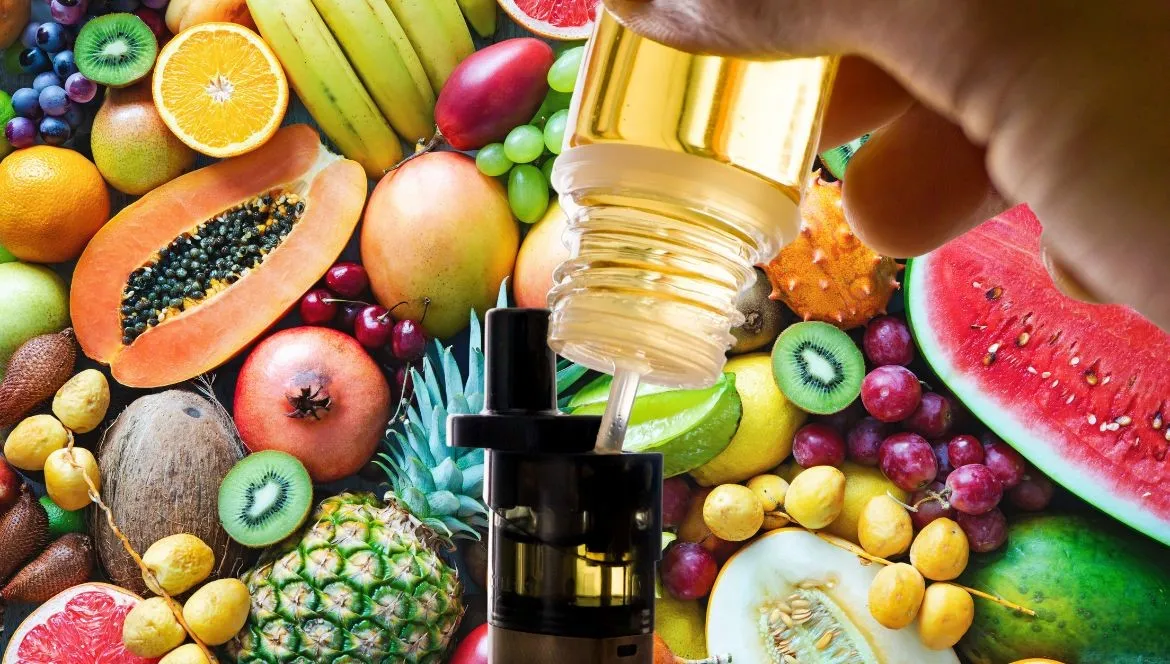
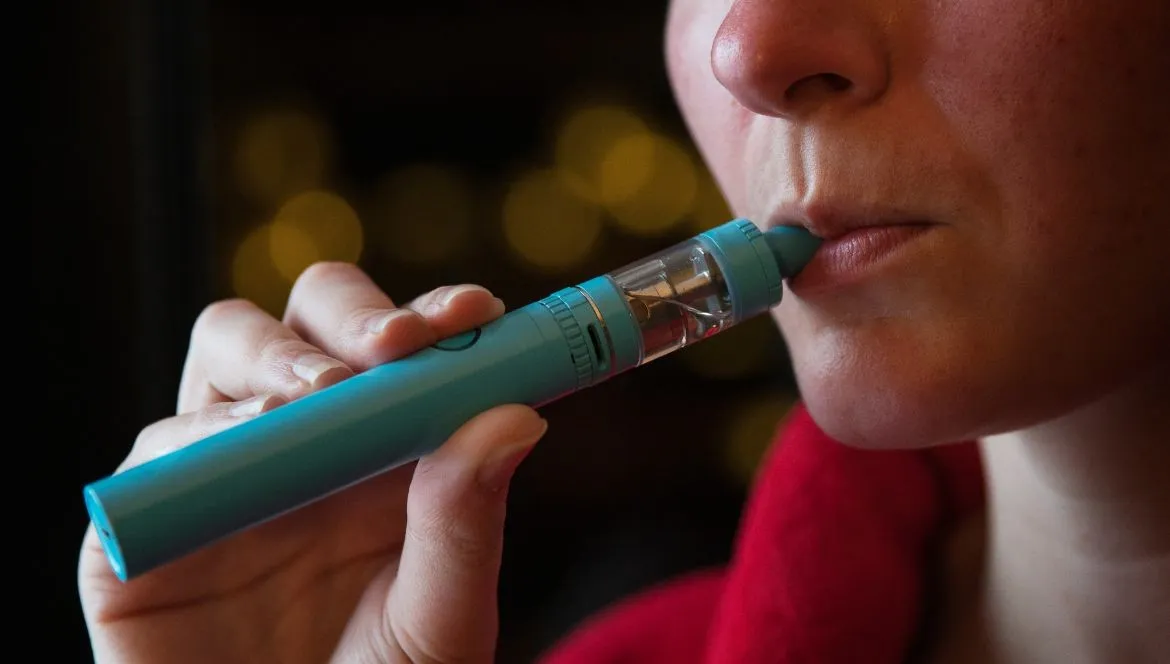
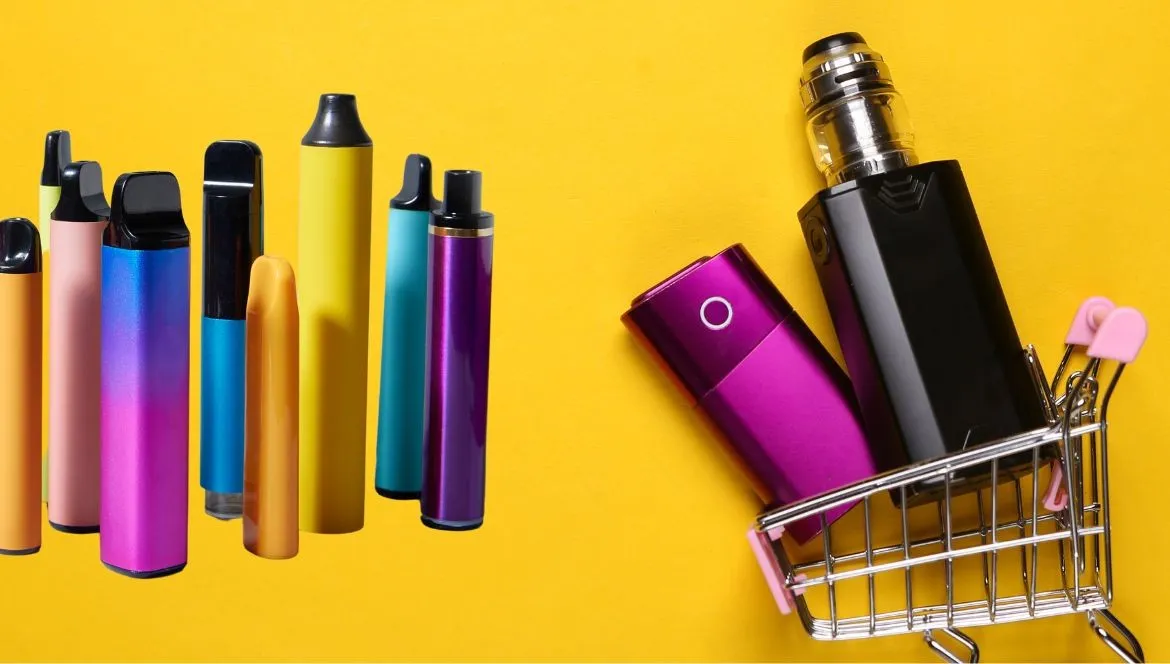
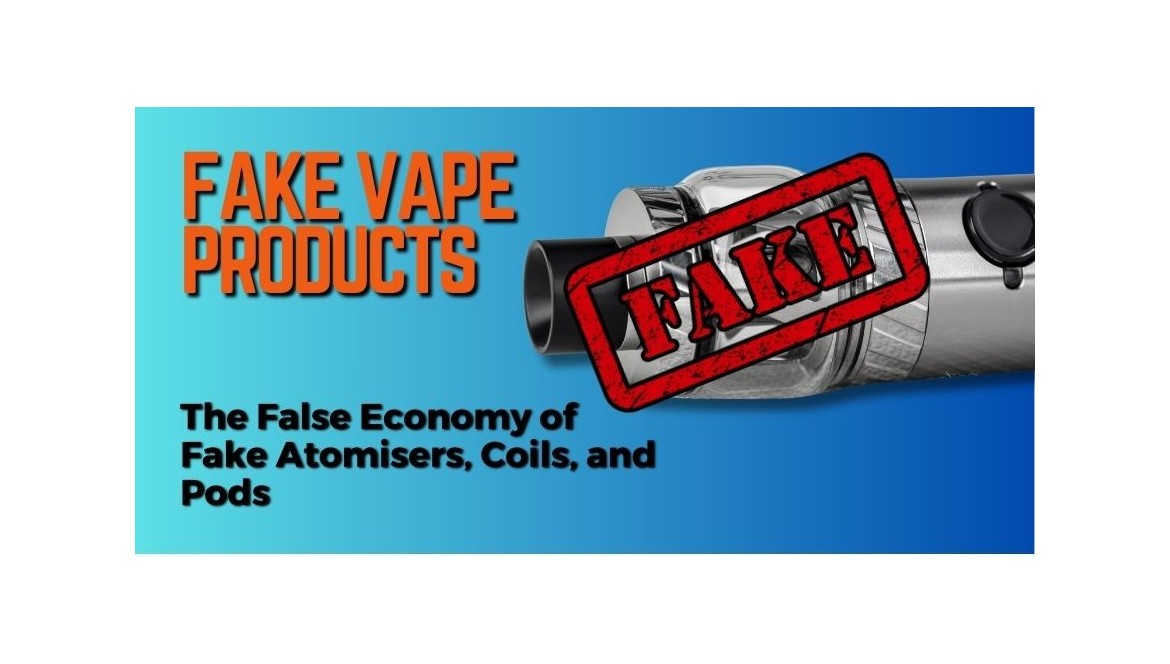

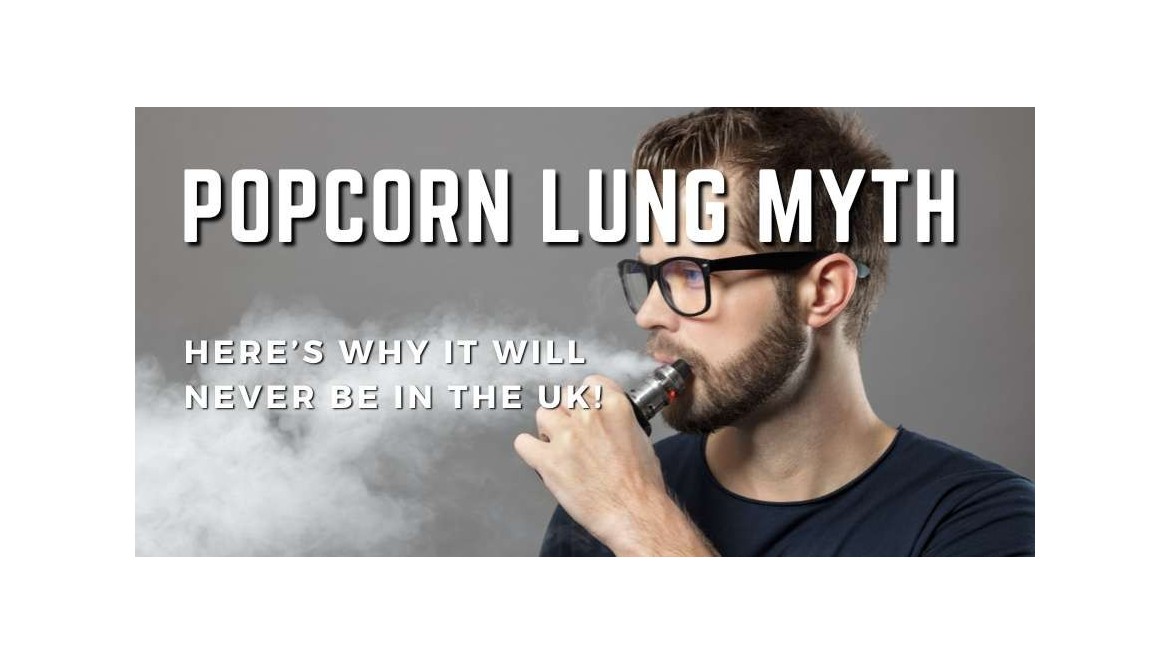

Comments
No comment at this time!
Leave your comment